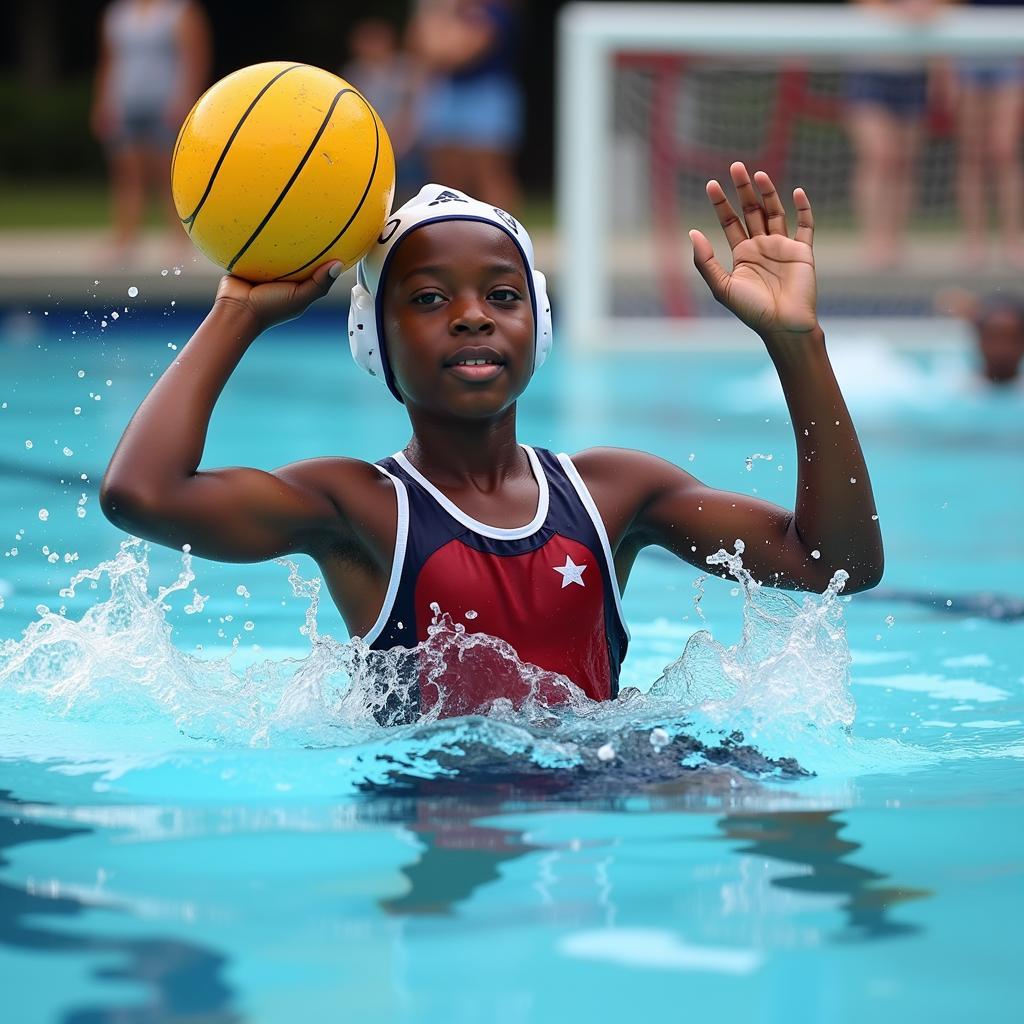African American Male Water Polo: Making a Splash in a Challenging Arena
African American male athletes have made a significant impact on the world of sports, excelling in various disciplines. However, one sport where their presence has been historically underrepresented is water polo. This article delves into the reasons behind this disparity and highlights the journeys of those who are breaking barriers and inspiring future generations.
The Historical Context of African Americans in Aquatics
To understand the current landscape of African American men in water polo, it’s crucial to acknowledge the historical context that has shaped their relationship with aquatics in general. Segregation, limited access to swimming pools in predominantly black communities, and economic disparities have all contributed to a persistent gap in swimming proficiency among African Americans compared to other ethnic groups.
These historical disadvantages have had a ripple effect, impacting participation in water sports like water polo, which demands a high level of swimming ability as a prerequisite.
Challenging Stereotypes and Overcoming Barriers
The lack of visibility of African American male role models in water polo has also perpetuated stereotypes and misconceptions. Some common myths include the idea that black people are “not built for swimming” or that water polo is an “elite” sport inaccessible to underrepresented communities.
 Boy playing water polo
Boy playing water polo
However, individuals like former Olympian Ashleigh Johnson, the first African American woman on the US Olympic water polo team, are actively challenging these stereotypes. Their achievements serve as a beacon of hope and inspiration for aspiring athletes.
Creating Pathways for the Future
Addressing the underrepresentation of African American males in water polo requires a multi-pronged approach that tackles both the historical and contemporary challenges.
Grassroots Initiatives:
Programs that provide affordable swimming lessons and introduce water polo at a young age in underserved communities are crucial. These initiatives can help develop a new generation of swimmers and potentially foster a passion for water polo.
Mentorship and Role Models:
Connecting aspiring athletes with successful African American water polo players, coaches, and mentors can provide invaluable guidance, support, and inspiration.
Media Representation:
Increased media coverage of African American athletes in water polo can help break down stereotypes, inspire a new generation of players, and create a more inclusive image of the sport.
Conclusion: A Future Filled with Potential
While significant challenges remain, the future of African American male participation in water polo holds immense potential. By addressing historical inequalities, challenging stereotypes, and creating more inclusive pathways, we can foster a future where talented athletes from all backgrounds have the opportunity to excel in this demanding and rewarding sport.
